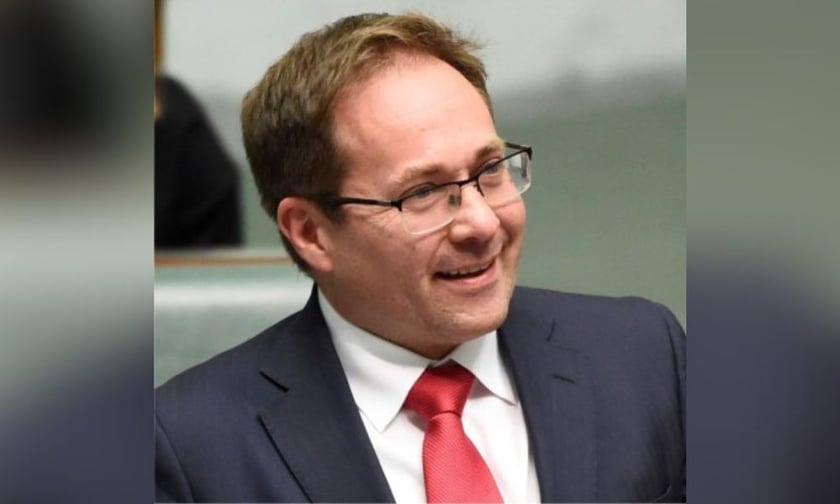

The government’s yearlong inquiry into the response of insurers to the 2022 floods held its final public hearing last week. The parliamentary investigation involved more than 20 days of hearings and received 81 submissions. The leaders of Australia’s major insurance firms, consumer advocates and regulators all gave testimony.
The recommendations could lead to significant changes in the way insurance firms deal with flood disasters, the resulting claims and their impacted customers.
Daniel Mulino MP (pictured above), the chair of the inquiry, told Insurance Business that any recommendations have “a good chance” of cross party support and with that backing, “a great deal of heft and momentum.”
He compared a review of similar scope, also undertaken by his committee, that looked at competition across the economy. Mulino said 44 recommendations came out of that inquiry and all of them were adopted unanimously.
“I think you could end up with a large number of recommendations,” said Mulino.
For this flood inquiry, he expected the result to be “different actions on a range of different timelines.”
Mulino said some recommendations would be relayed directly to the insurers and could focus on greater investments in training and case management.
“Some of these will relate to themes that came out of the Deloitte’s report and that insurers are already undertaking work on, but we might make additional recommendations,” he said.
In October last year, Deloitte completed a flood report for the Insurance Council of Australia (ICA), The new benchmark for catastrophe preparedness in Australia. The recommendations called for insurers to improve their catastrophe preparedness, how they deal with customers and their resourcing and operational response.
“There will be other things that we recommend that could potentially go into the General Insurance Code of Practice,” said Mulino.
The Code is currently under review and part of the review, according to a media release last month, will focus on “flood related topics, including responses required during catastrophes.”
“Changes that relate to legislation, for example, the possibility of standardising certain terms, will, of course, potentially take a little longer,” he said.
IB asked how any recommendations could impact insurance brokers?
“I think insurance brokers play an absolutely critical role in the system,” he said.
Mulino said both brokers and their customers probably find it difficult to compare the different flood coverage products currently on the market.
“I imagine insurance brokers are interested in issues like standardising terms,” he said. “That would make it that much easier for them to be able to provide clear advice to their customers.”
Another issue relevant to brokers raised during the hearings, he said, concerned making premiums clearer. Mulino said currently the reasons given to customers for premium increases are “not particularly clear.”
He said insurance firms could be “obliged to deconstruct their premiums” so it was clearer how hazard costs, taxes and administration each contributed to any increases.
Insurers can expect claims handling issues, Mulino suggested, to be a focus of some of the recommendations.
“There were issues around the training of staff,” he said. “There were issues around case management and the identification of vulnerable consumers.”
Dispute resolution concerns and how some claims issues “dragged on”, he suggested, are also likely to result in some recommendations.
“Then there’s a whole tranche of issues around access to insurance and affordability of insurance for high risk properties,” said Mulino.
Some media reports and industry observers have suggested that much of this review covered the same ground as the government inquiry that followed Australia’s earlier round of disastrous flooding in 2010-11. Mulino rejected that suggestion.
“It’s almost like we’re looking at the next steps for a lot of issues,” he said.
He referred to the standard definition of floods that came out of the 2012 reforms following the 2010-11 floods. Mulino said “just about all the witnesses” at his inquiry regarded that as a positive step. Now he said, legislators are looking at whether more hazard terms should be standardised.
The parliamentary flood inquiry is due to table its report and recommendations in parliament on October 18.
What flood related issues would you like the committee’s recommendations to focus on? Please tell us below
